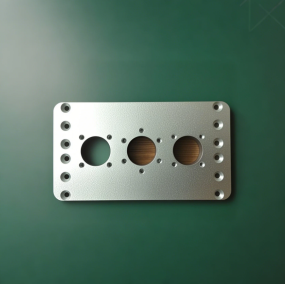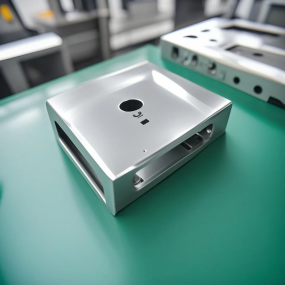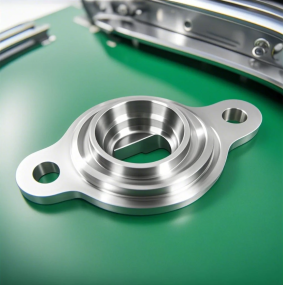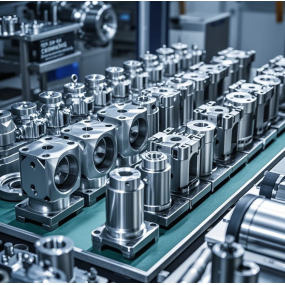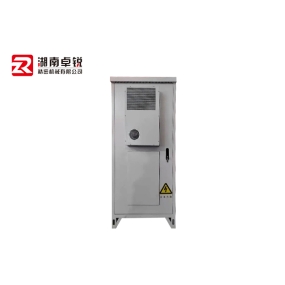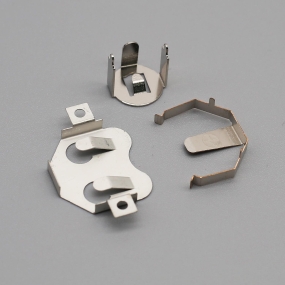Precision Sheet Metal Processing is a high-precision, high demand metal processing method widely used in fields such as electronics, communications, healthcare, and automotive. When carrying out precision sheet metal processing, it is necessary to master some important common sense to ensure processing quality and efficiency. The following are common knowledge that must be known when doing precision sheet metal processing:
1. Material selection: Different materials are suitable for different processing needs, and commonly used sheet metal materials include stainless steel, copper, aluminum, nickel alloys, etc. When selecting materials, factors such as mechanical properties, corrosion resistance, and processing performance need to be considered.
2. Design specifications: Before precision sheet metal processing, detailed design specifications are required, including requirements for dimensions, shape, processing technology, etc. The rationality of design specifications directly affects the quality and processing efficiency of products.
3. Processing technology: Precision sheet metal processing usually includes cutting, stamping, bending, welding and other processes. When processing, it is necessary to choose the appropriate processing technology according to the specific product requirements to ensure the accuracy and quality of the product.
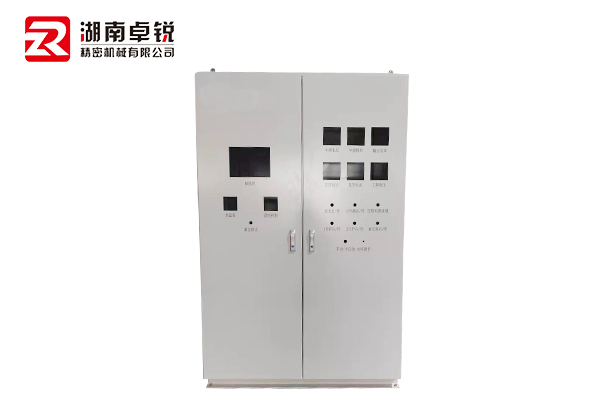
4. Equipment selection: Choosing suitable equipment is a key factor in ensuring the quality of precision sheet metal processing. Common equipment includes CNC punching machines, CNC shearing machines, CNC bending machines, etc. When selecting, it is necessary to consider the performance, accuracy, and stability of the equipment.
5. Testing and Inspection: After precision sheet metal processing, strict testing and inspection are required to ensure that the product quality meets the requirements. Common testing methods include coordinate measurement, hardness testing, and visual inspection.
6. Post processing technology: After precision sheet metal processing, surface treatment, cleaning, assembly and other post-processing processes may be required. The selection and execution of post-processing techniques have a significant impact on the quality and appearance of the product.
7. Quality management: In the process of precision sheet metal processing, it is necessary to establish a strict quality management system, including quality control, quality inspection, quality improvement, and other aspects. Only with a sound quality management system can we ensure stable product quality and continuous improvement.
In short, mastering the above common sense is necessary for precision sheet metal processing. At the same time, continuous learning and practice are needed to improve one's processing technology and management level, in order to meet customer needs and market competition. Hope the above content is helpful to you, thank you!


 Spanish
Spanish Arabic
Arabic French
French Portuguese
Portuguese Belarusian
Belarusian Japanese
Japanese Russian
Russian Malay
Malay Icelandic
Icelandic Bulgarian
Bulgarian Azerbaijani
Azerbaijani Estonian
Estonian Irish
Irish Polish
Polish Persian
Persian Boolean
Boolean Danish
Danish German
German Filipino
Filipino Finnish
Finnish Korean
Korean Dutch
Dutch Galician
Galician Catalan
Catalan Czech
Czech Croatian
Croatian Latin
Latin Latvian
Latvian Romanian
Romanian Maltese
Maltese Macedonian
Macedonian Norwegian
Norwegian Swedish
Swedish Serbian
Serbian Slovak
Slovak Slovenian
Slovenian Swahili
Swahili Thai
Thai Turkish
Turkish Welsh
Welsh Urdu
Urdu Ukrainian
Ukrainian Greek
Greek Hungarian
Hungarian Italian
Italian Yiddish
Yiddish Indonesian
Indonesian Vietnamese
Vietnamese Haitian Creole
Haitian Creole Spanish Basque
Spanish Basque

